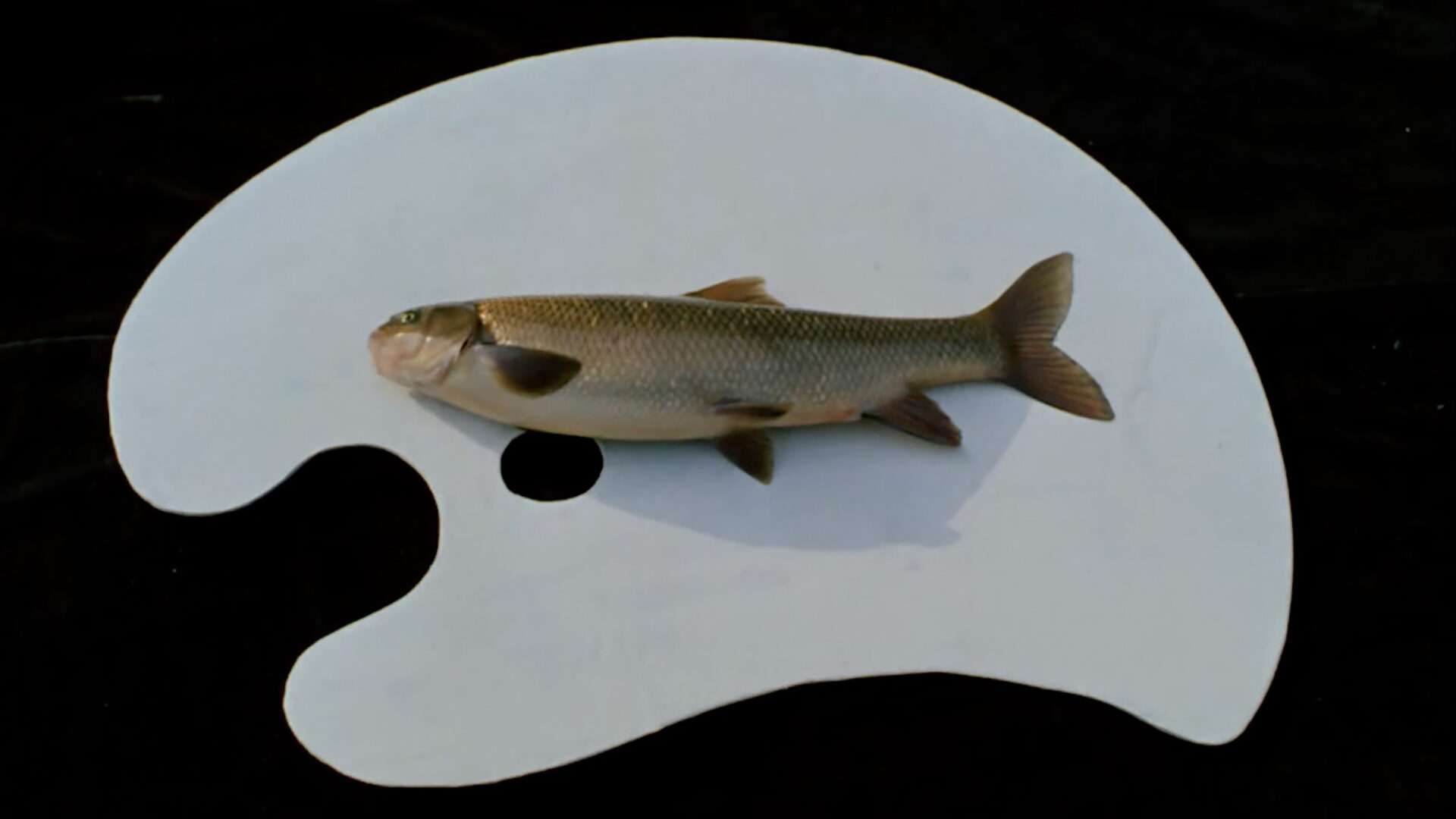September 18–26, 2023
Georgian Cinema: Dreaming at the Crossroads
“It is the same all over the world. Only centres of political or religious power and cultural influence can be centres of artistic production. Georgia is one of those centres that radiates artistic influence.”
Thomas Tode, director and Soviet avant-garde film scholar
For such a small country (current population under four million), Georgia has certainly more than made its mark on world cinema. Yet a decade ago, this rich history was not well remembered in the West. That began to change in 2014, when a major touring retrospective was mounted by the Berkeley Art Museum’s Pacific Film Archive and MoMA (unfortunately it didn’t come to Vancouver). The following few years saw a continuing creative flowering, so that by 2018, Canadian academic Jerry White began his “Report from Tbilisi” with this: “Georgian cinema might not be at the centre of cinephile attention in the same way perennial film festival favourites Iranian or Romanian cinema have been, but it should be. Its comparably low post-independence profile is rapidly changing.” Since then, a few Georgian films have seen breakout success beyond the festival circuit, including the gay-themed And Then We Danced and Alexandre Koberidze’s genial, uncategorizable fable What Do We See When We Look at the Sky? (the latter included in this series).
I’ve had an interest in Georgian cinema since the 1970s, when I worked as a programmer at The Cinematheque. More recently, I’ve become interested in Georgia itself and its long, complex, often tragic history as a small, mostly divided nation in the crossroads of empires (Persian, Ottoman, and Russian, to name the most recent). I finally spent a highly enjoyable few weeks in the country last summer. So I jumped at the opportunity to guest-curate this series of ten programs, which starts at the end of the silent era and culminates with two 2022 releases. Apart from What Do We See, none of the contemporary cinema selections have previously screened theatrically in Vancouver, and none of the classics have been seen here for several decades.
Since there’s no way to properly represent the breadth of Georgian cinema in just ten programs, my approach has been to focus on narrative cinema, and search out those works that spoke to me most strongly—films that stand as distinctive, compelling cinematic statements and also say interesting things about the particularities of Georgian society and culture, as well as its artistic traditions, both visual and literary (with a nod to its wonderful polyphonic vocal music as well).
Films from the “golden age” of Georgian Soviet cinema (late 1950s to 1980s) often spoke in symbols, metaphors, or allegory to avoid suppression (many were banned anyway). Recent cinema has been forthright about social issues while adopting narrative approaches that extend realism into more ambiguous, imagistic, and provocative areas. Each of these films repays close attention and demonstrates an enviable level of technical and artistic achievement.
Several short films have been chosen to enrich some of the programs where time allows. We’ve also organized Zoom Q&As and video introductions, as well as a free panel discussion on the theme of post-colonial Georgian culture, whose participants will include director Alexandre Koberidze.
Tony Reif
Series Curator
Event
- September 24, 2023 11:00
- Georgian Cinema: Panel Discussion
Acknowledgments
The Cinematheque and Tony Reif are grateful to the Georgian National Film Center for making this series possible. We would also like to acknowledge the invaluable assistance of David Vashadze, Peter Steen, and Levan Lomjaria.
Film notes written by Tony Reif
Co-presented with the Georgian National Film Center

Supported by

Media
List of Programmed Films
| Date | Film Title | Director(s) | Year | Country |
|---|---|---|---|---|
| 2023-Sep | What Do We See When We Look at the Sky? | Alexandre Koberidze | 2021 | Georgia . . . |
| 2023-Sep | My Grandmother | Kote Mikaberidze | 1929 | USSR |
| 2023-Sep | Once Upon a Time There Was a Singing Blackbird | Otar Iosseliani | 1971 | USSR |
| 2023-Sep | A Room of My Own | Ioseb “Soso” Bliadze | 2022 | Georgia . . . |
| 2023-Sep | Beginning | Dea Kulumbegashvili | 2020 | Georgia |
| 2023-Sep | The Drummer | Kote Kalandadze | 2022 | Georgia |
| 2023-Sep | Pirosmani | Giorgi Shengelaia | 1969 | USSR |
| 2023-Sep | The Plea | Tengiz Abuladze | 1967 | USSR |
| 2023-Sep | House of Others | Rusudan Glurjidze | 2016 | Georgia . . . |
| 2023-Sep | The 19th Century Georgian Chronicle | Aleksandre Rekhviashvili | 1979 | USSR |
